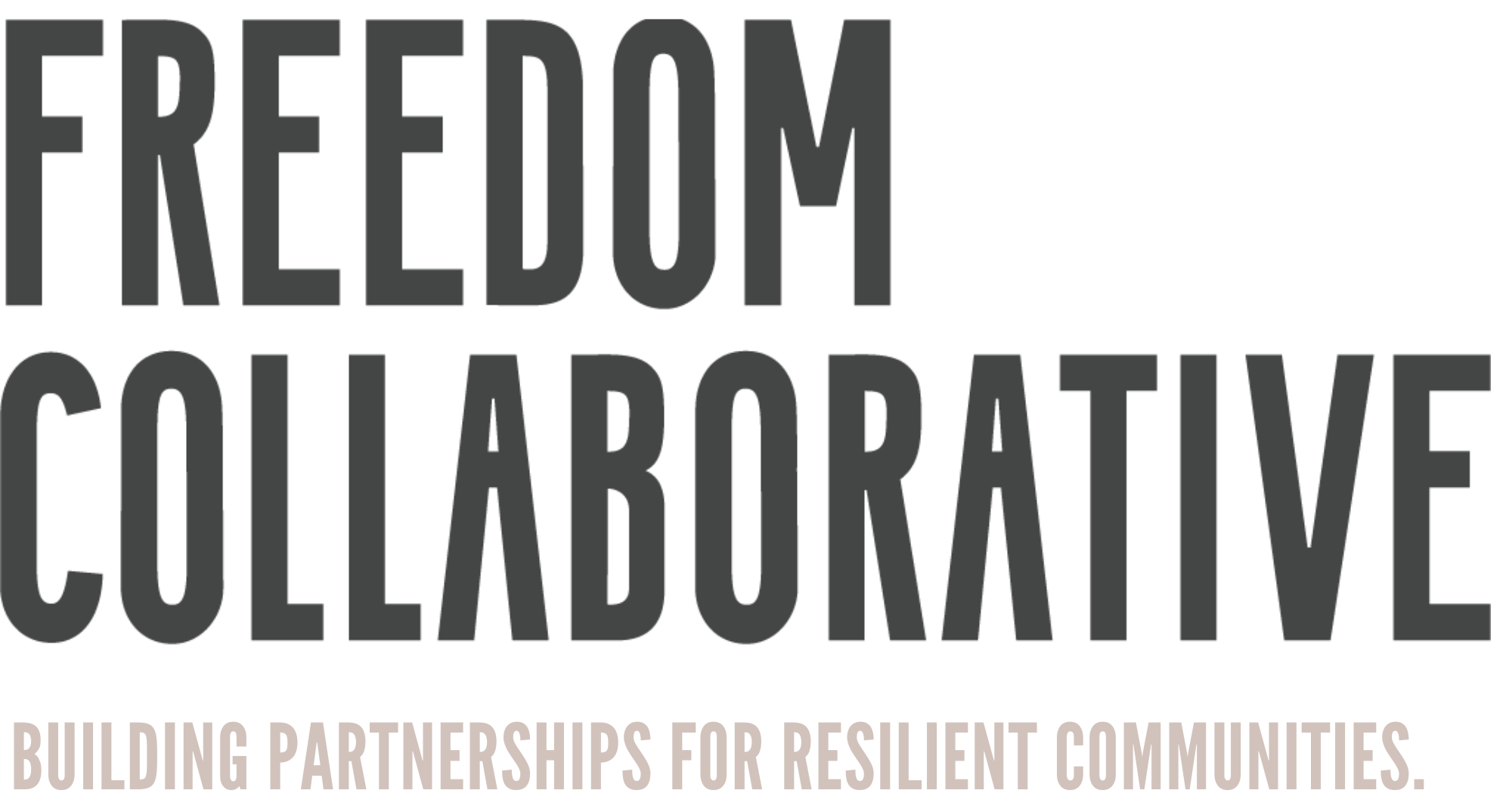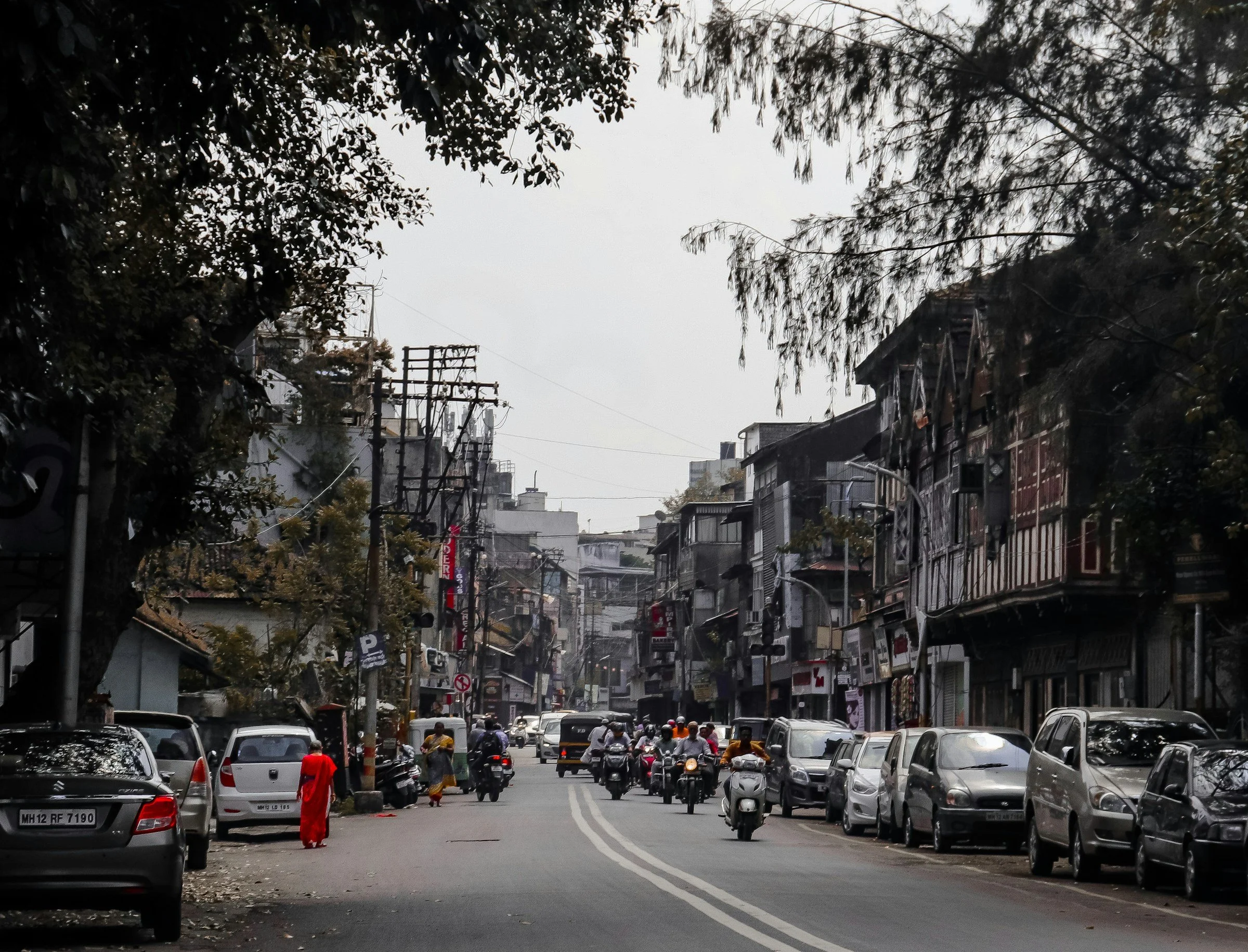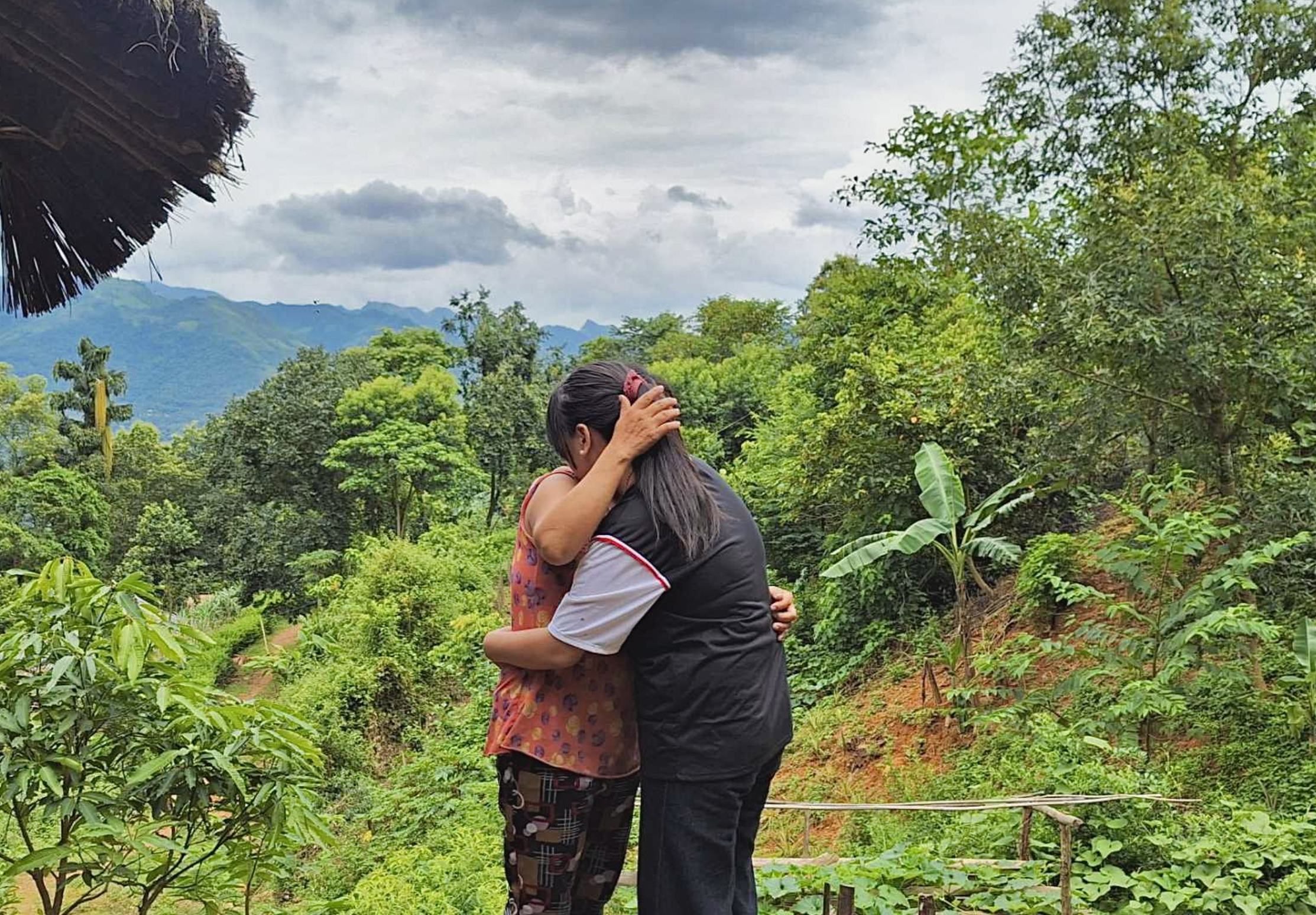Moving beyond a criminal justice focus to address exploitation of migrants in Southeast Asia
A recent thematic brief highlights the limitations and risk of relying too heavily on a criminal justice approach to combating human trafficking in Asia and offers complementary approaches that may help address root causes.
Earlier this year, ODI, an independent think tank, published a thematic brief offering three sets of recommendations to support moving beyond a criminal justice focus in responding to human trafficking and to more effectively address systemic level root causes in Thailand, Cambodia, Laos and Vietnam. According to the paper, the dominance of the criminal justice lens has limited reach in addressing the political economy and contextual factors that facilitate exploitation and migrant workers’ vulnerabilities. It is resource intensive and not a scalable solution, and it doesn’t address the ways in which the potential for exploitation is encoded within structures, institutions and incentives. For example, the prioritization of business interests and economic growth can lead to reluctance to prosecute and convict private-sector actors, and the push to increase prosecutions can lead to a focus on convicting low-level brokers rather than the higher level crime bosses. The paper offers recommendations and examples of other measures and policies that would help broaden the scope of regional government and international partners’ efforts beyond a criminal justice emphasis and thus potentially enable greater impact.
The paper offers three main sets of recommendations. The first is to adopt a migrant-centered lens, wherein labor migrants are treated not just as victims, but also as actors with agency, interests and rights. Their perspectives can help governments, international organizations and donors discover what would meaningfully improve their lives and reduce their vulnerabilities. Centering their perspectives can also help illuminate the ways in which a criminal justice focus might criminalize rather than protect them. Meanwhile, the paper argues that states can have more systemic impact if they shift from targeting low-level traffickers to targeting the perpetrators of greater harm: employers, recruitment agencies and organized crime groups. It recommends targeting labor exploitation and debt bondage through civil litigation, banning recruitment agencies from charging workers, lobby recruitment agencies to be held more accountable to workers, and advancing labor migrants’ knowledge of and access to social protections.
The second set of recommendations advocates for tailored responses to the local political economy, as each country has a different constellation of opportunities and constraints. Being locally sensitive improves the chances that initiatives are realistic and responsive. In countries with weaker justice systems and varying levels of due process, low-level offenders may be disproportionately subjected to long prison sentences and other human rights violations, without an accompanying focus on the higher level perpetrators who are most culpable. The paper also recommends supporting civic space, which has constraints across the region, but in differentiated ways. In migrant-sending countries, freedom of speech can facilitate research and knowledge sharing to support an information-rich environment where migrants know their rights. In destination countries, a robust civic space enables greater protections for migrants, through labor unions and associations, migrants’ networks, and supporting organizations. The paper argues that some countries, such as Thailand, have seen “growing momentum on business and human rights, with a growing focus on due diligence and industry standards” and that these opportunities should be harnessed where they are available. Special economic zones, meanwhile, drive economic growth but need greater regulation to ensure compliance with labor standards and protections.
The final set of recommendations seeks to recognize and address systemic drivers, especially in global supply chains. Alongside strengthening labor standards and the requirements to meet those standards, it advocates for strategic litigation to hold abusive employers criminally accountable and examining the potential of holding up highly visible cases as an example to trigger systemic change. Meanwhile, the paper also recommends working collaboratively with “positive outliers” and supporting employers that are willing to improve their workplace standards to implement accountability mechanisms and a culture of responsiveness to labor needs.
While efforts to implement many of these recommendations are already underway (for example, a recent article suggests Thailand is cracking down on more high level offenders), the paper adds another voice calling for a more specific, intentional and express focus on systemic drivers of trafficking and exploitation.
Share your news
Post your experiences from the field and initiatives to feature





